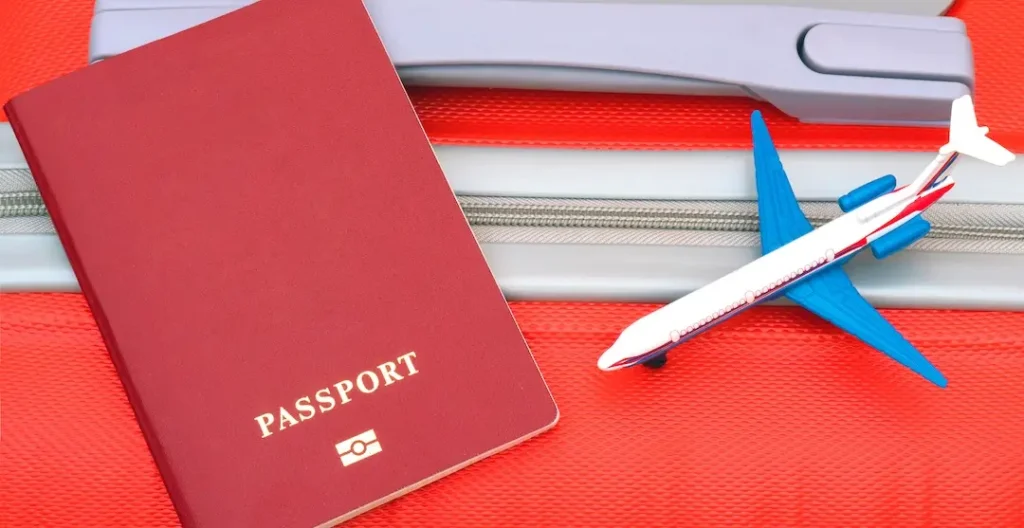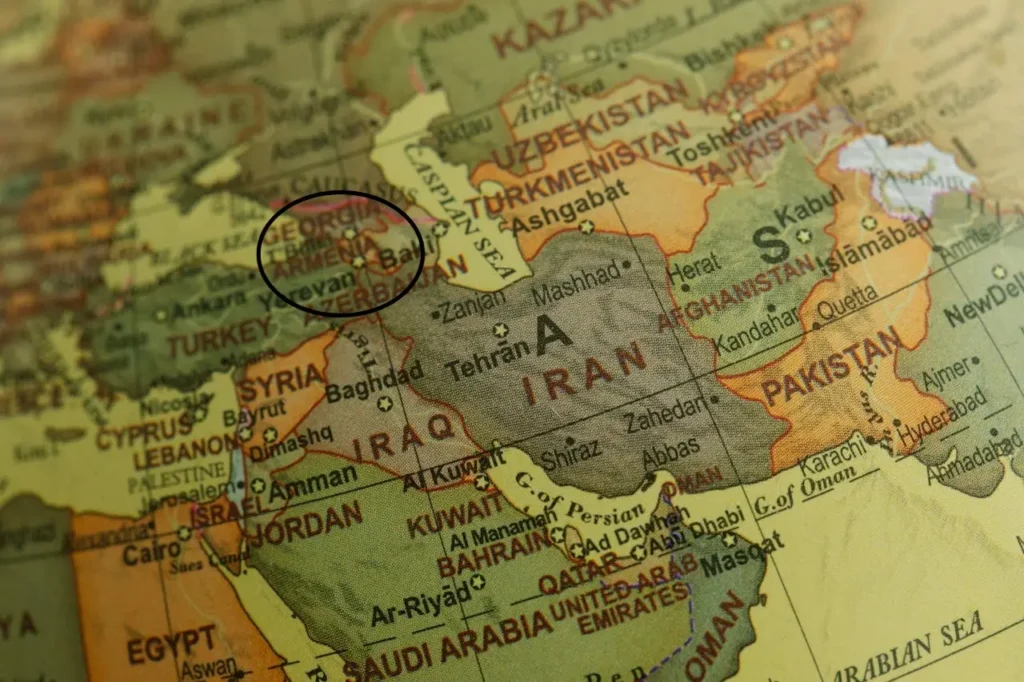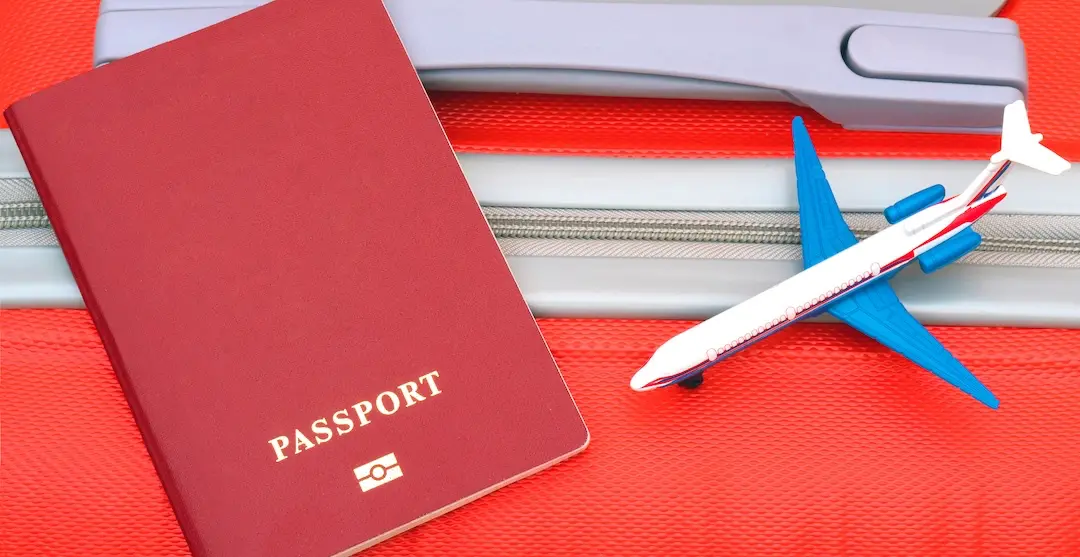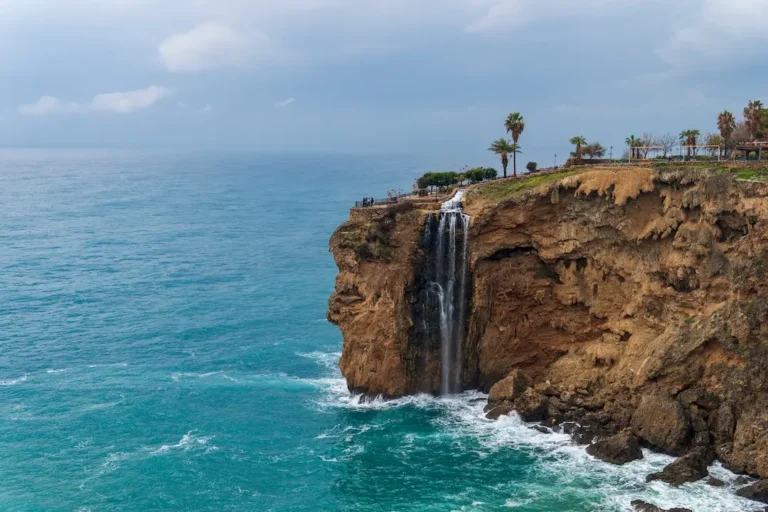Armenia Visa Requirements
Armenia has made visiting remarkably straightforward for international travelers. Most nationalities can enter visa-free for up to 180 days per year, making it one of the most accessible countries in the region. For those who do need a Armenia visa, Armenia offers a convenient e-Visa system as well as visa-on-arrival at major entry points including Zvartnots International Airport in Yerevan. Before planning your journey to explore Armenia’s ancient monasteries, vibrant culture, and stunning landscapes, it’s important to understand the current entry requirements, documentation needed, and health regulations to ensure a smooth arrival.

What are the documents required for traveling to Armenia ?
The documents required for traveling to Armenia depend on the traveler’s nationality and the purpose of their visit. However, here are some general requirements that apply to many visitors:
- A valid passport: All visitors to Armenia must have a valid passport, with at least 6 months validity remaining.
- Visa: Visitors from some countries are exempt from obtaining a visa and can enter Armenia for tourism or business purposes for a specific period of time without a visa. Visitors from other countries may need to obtain a visa before traveling to Armenia. It is best to check with the nearest Armenian embassy or consulate for specific visa requirements.
- Travel insurance: While not mandatory, it is recommended that visitors obtain travel insurance to cover any unforeseen events, such as medical emergencies, accidents, or trip cancellations.
Again, the specific requirements for traveling to Armenia can vary depending on the traveler’s nationality and purpose of the visit. It is best to check with the nearest Armenian embassy or consulate for the latest entry requirements before traveling.
Which nations require a visa to travel to Armenia ?
The visa requirements for Armenia depend on the nationality of the traveler. Here is a list of countries whose citizens need a visa to enter Armenia:
- Afghanistan
- Algeria
- Angola
- Bangladesh
- Cameroon
- Democratic Republic of the Congo
- Egypt
- Equatorial Guinea
- Ghana
- India
- Iraq
- Iran
- Jordan
- Kenya
- Lebanon
- Liberia
- Libya
- Mali
- Mauritania
- Morocco
- Nigeria
- Pakistan
- Palestine
- Rwanda
- Saudi Arabia
- Sierra Leone
- Somalia
- South Sudan
- Sri Lanka
- Sudan
- Syria
- Tanzania
- Tunisia
- Uganda
- Vietnam
- Yemen
- Zambia
- Zimbabwe
Citizens of all other countries not listed above can enter Armenia for a specified period without a visa or obtain a visa on arrival.
However, visa requirements are subject to change, so it’s best to check with the nearest Armenian embassy or consulate for the latest information on visa requirements.
Is a Schengen Visa valid for travel to Armenia ?
No, a Schengen Visa is not valid for travel to Armenia. Armenia has its own visa policy and Schengen visas are not recognized in Armenia. Visitors from most countries, including many European countries, may enter Armenia without a visa for a specified period, while visitors from other countries may need to obtain a visa before traveling to Armenia.
However, it’s always best to check with the nearest Armenian embassy or consulate for the latest information on visa requirements and entry regulations before traveling.
What kind of currency is needed to travel to Armenia ?
The currency used in Armenia is the Armenian Dram (AMD). When traveling to Armenia, it’s recommended to bring US dollars or euros to exchange for Armenian Drams upon arrival. US dollars and euros are widely accepted at banks and exchange offices in Armenia, and can be easily exchanged for Armenian Drams. Some hotels and restaurants also accept payment in US dollars or euros, but it’s best to check beforehand.
Credit cards, particularly Visa and Mastercard, are also widely accepted in hotels, restaurants, and shops in major cities in Armenia. However, it’s always a good idea to carry some cash, especially when traveling to rural areas or smaller towns where credit card facilities may be limited. ATMs are widely available in Armenia and dispense Armenian Drams.
What are the health restrictions when traveling to Armenia ?
As of 1 Jan 2024 there are currently no health restrictions on traveling to Armenia.
What are the restrictions about traveling with pets to Armenia ?
It is possible to travel with pets to Armenia, but there are certain restrictions and requirements that must be met. Pets entering Armenia must have a valid health certificate issued by an accredited veterinarian within 10 days of travel. The health certificate must state that the animal is healthy, free from infectious diseases, and up-to-date with all necessary vaccinations, including rabies.
Pets entering Armenia must also be microchipped for identification purposes, and have a valid rabies vaccination certificate. The rabies vaccination must have been administered at least 21 days before travel, but not more than one year before travel. If the rabies vaccination has expired, it must be renewed at least 21 days before travel.
Upon arrival in Armenia, pets may be subject to inspection by veterinary authorities. It’s also recommended to check with the nearest Armenian embassy or consulate for the latest information on pet travel requirements before traveling with pets to Armenia.
Are there any restrictions to travel between Armenia and Georgia?
No, travel between Armenia and Georgia is generally straightforward and unrestricted.
Are there any restrictions to travel between Armenia and Azerbadjan?
There are restrictions on travel between Armenia and Azerbaijan due to ongoing political tensions and a long-standing conflict over the disputed Nagorno-Karabakh region.
The border between Armenia and Azerbaijan is closed and there are no direct flights between the two countries. Travelers who have an Armenian stamp in their passport may be denied entry into Azerbaijan, and vice versa. Additionally, there have been reports of increased security measures at the border, and tensions remain high in the region.
It’s recommended to check the latest travel advisories and entry requirements with the nearest embassy or consulate of both Armenia and Azerbaijan before traveling. It’s also important to be aware of the political situation and tensions in the region and to take precautions to ensure personal safety and security while traveling.

Are there any restrictions to travel between Armenia and Iran?
At the moment there are no major restrictions on travel between Armenia and Iran. However, travelers should be aware that they will need to obtain a visa to enter Iran.
It’s also important to note that the border between Armenia and Iran can be subject to closures or delays, so travelers should check the latest information before planning their trip. Additionally, there have been reports of occasional tensions between Armenia and Iran over issues such as smuggling and border security.
It’s recommended to check the latest travel advisories and entry requirements with the nearest embassy or consulate of both Armenia and Iran before traveling. It’s also important to take appropriate safety and security precautions while traveling, including being aware of the risks of crime, terrorism, and natural disasters.
Are there any restrictions to travel between Armenia and Türkiye?
For a long time there were no direct flights or regular land border crossings between Armenia and Turkey due to long-standing political tensions between the two countries. However, currently there are regular flights and between the two countries operated by Pegasus Airline. Also after the devastating earthquake in Turkey, Armenia opened the land borders to Türkiye to provide humanitarian aid. But only Turkish or Armenian citizens can use this crossings currently.
It’s important to note that there are restrictions on the movement of goods and people between Armenia and Turkey, and travelers may encounter difficulties if attempting to travel between the two countries by land. Additionally, travelers should be aware that political tensions between Armenia and Turkey can sometimes lead to protests or other security incidents, so it’s important to stay informed about the latest developments and take appropriate safety precautions while traveling.
Are there any restrictions to travel between Armenia and Nagorno-Karabakh?
As of late 2023, travel to Nagorno-Karabakh (previously known as Artsakh) is no longer possible. Following Azerbaijan’s military operation in September 2023, the region came under full Azerbaijani control, and the majority of the ethnic Armenian population evacuated to Armenia.
Currently, there is no civilian access to this region from Armenia. The Lachin corridor, which previously connected Armenia to Nagorno-Karabakh, is now closed for regular civilian travel.
What should you take with you when going to Armenia ?
When traveling to Armenia, it’s recommended to pack appropriate clothing for the season, comfortable walking shoes, and any necessary medications. Here are some other items to consider packing:
- Travel adapter: Armenia uses the Type C and Type F electrical outlets, so if your devices have a different plug type, you will need a travel adapter.
- Sunscreen and sunglasses: Armenia can be quite sunny, so it’s important to protect your skin and eyes.
- Water bottle: It’s important to stay hydrated, especially in the warmer months, so bring a refillable water bottle to minimize plastic waste.
- Cash and credit/debit cards: While major credit cards are accepted in some establishments in Armenia, it’s also a good idea to have cash on hand for smaller transactions. We recommend a Wise debit card, this will save you tremendously on exchange rates and banking fees.
- Maps or GPS device: If you plan on exploring the country independently, consider bringing a map or GPS device to navigate your way around.
- Language guide or translator app: While many Armenians speak English or Russian, it can be helpful to have a language guide or translator app on hand to communicate with locals.
- Camera or phone with camera: Armenia has many picturesque sights, so be sure to capture your memories with a camera or phone camera.
- Travel insurance: It’s always a good idea to have travel insurance in case of unexpected emergencies or medical situations.







